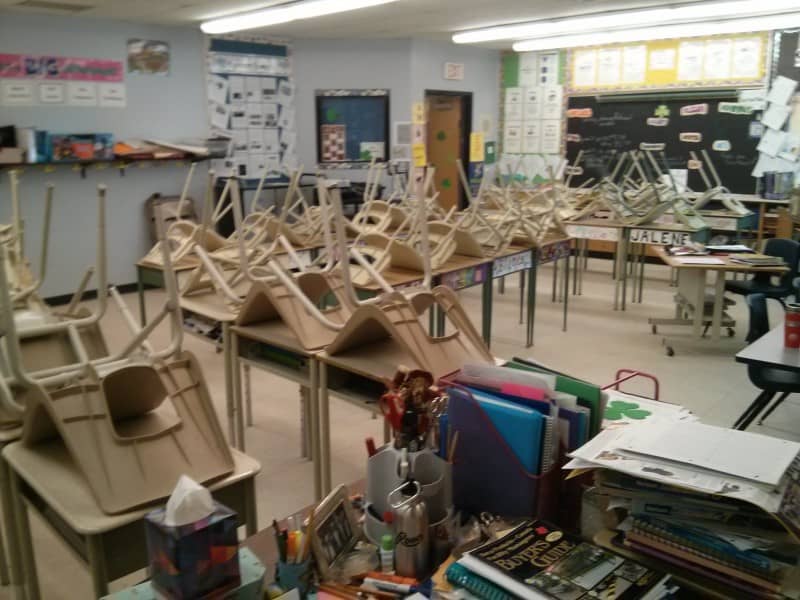Kids have stress too. It is so hard for us to accept but it is there. Stress is a normal, everyday occurrence. It’s our body’s response to feeling afraid, overworked, overstimulated, threatened or excited. We tend to think of stress as a bad thing, but a certain amount of it actually helps us feel alert, energized and interested in life. Too much stress, particularly when we don’t have any control over it, can make people unhappy and can interfere with their ability to respond to everyday tasks and challenges. This is becoming more evident in young children. As a mom, I have been dealing with this in my home. Junior Kindergarten is all new and the new routine and people can be intimidating.
Young children experience stress, and it’s important for adults to recognize and help preschoolers deal with it. High levels of stress can lead to behaviour problems and can interfere with a child’s ability to function normally. When we help children deal with stress, they begin to build coping skills they will need throughout life. Although transitions can occur at many different time periods, several periods are typical. The transition into kindergarten is the first major school transition. For most children, the transition into kindergarten is not the first time they have been out of the home. For some children, the transition is smooth and peaceful, and for others it is stressful.
Children can experience stress at home, in child care settings, or even in play with others. In the course of an average day, preschool children experience stress when they have to wait, when they want something they can’t have, or when they lose or break one of their toys.
From what I have found as a mother and teacher, some common sources of stress in children include:
- early or rushed mornings
- new situations
- too many expectations or demands
- separation from parents/caregivers
- difficulties with peer friendships
- fights or disagreements with siblings
- transitioning from one activity or place to another
- new beginnings such as starting kindergarten
These experiences can be stressful, but they are also normal, preschool versions of the sorts of stressors children will face as adults. Learning how to deal with them with their parents help is the first step. We can begin by modeling healthy coping strategies. This starts by ensuring they feel connected to their parents and caregivers, having a stable and happy home environment and comforting children when they are overloaded with stress. When they feel a secure relationship then they have a sense of trust and know they have someone that will listen to them and support them. Children handle stress better when they have a healthy and balanced lifestyle of play, healthy food, routine and predicatbility.
It is important to know what your child does feel stressed about. That way you can predict when it may occur. You need to make the effort to understand what bothers or upsets your child. Don’t wait until it occurs to talk about it, try to talk about the stressor before it happens. When your child is calm try to encourage them to describe their worries or fears. Listen and try not to interrupt or finish what they are saying. Take the worries and fears seriously. One way to help a child is to find ways to reduce the feelings of stress by getting them involved in activities they enjoy such as playing with favourite toys, reading a story, or hugging a stuffed animal. It is important that we teach even young children relaxation techniques.
It is hard enough being a parent these days, then on top of it having to worry about stress in our children just adds to the list of things to do. All those stressors we had as children are there but seem to be multiplied. We have to teach the relaxation methods and demonstrate them to our children. We need to keep the lines of communication open and help them to feel comfortable in order for them to be the best that they can be.
By Melissa


